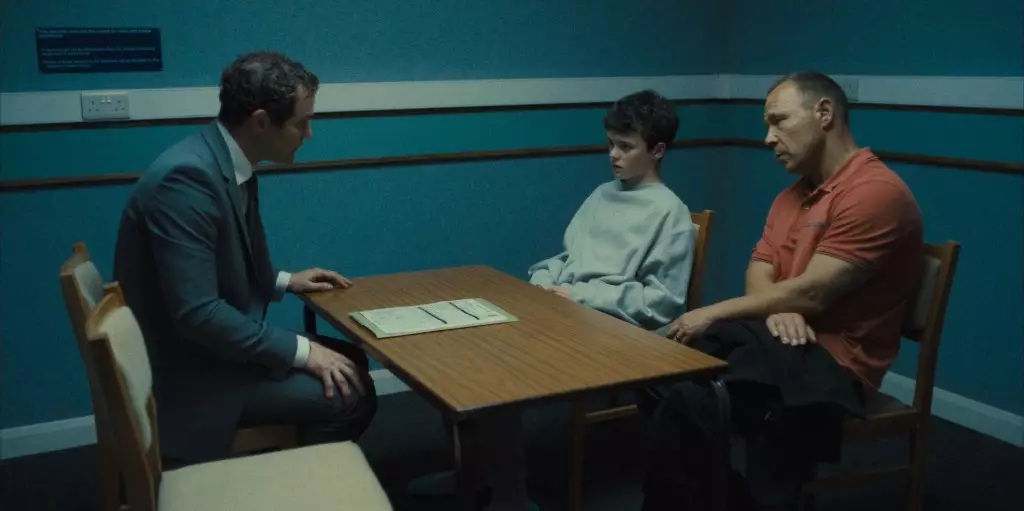In a rapidly evolving digital landscape, the presence of smartphones in young lives has opened a Pandora’s box of both opportunities and vulnerabilities. As more adolescents gain access to technology, the risk of online radicalization has surged, particularly among young men. Recognizing this alarming trend, Jack Thorne, the co-creator and writer of the Netflix limited series *Adolescence*, has taken a bold step by endorsing the Parent Pact of the Smartphone Free Childhood group. This initiative aims to encourage parents to postpone providing smartphones to their children until they reach 16—a pivotal time often deemed critical for mental and emotional development.
The assertion that delaying smartphone access can be a protective measure for youth is not merely a preposterous suggestion but grounded in a compelling need for mindfulness. In a world where social media can echo harmful ideologies and violent behaviors, the implications of early smartphone ownership can range from exposure to inappropriate content to fostering a sense of isolation. Notably, Thorne’s collective endeavor with over 100,000 advocates, including influential figures such as Benedict Cumberbatch and Emma Barnett, emphasizes that this movement is not just a personal choice but a societal imperative.
Addressing the Roots of Violence among Adolescents
*Adolescence* tackles the often-ignored connection between youthful violence and the societal frameworks that allow it to manifest. The series, featuring transfixing storytelling through innovative one-shot episodes, captures the tragic narrative of Jamie Miller, a 13-year-old boy implicated in a school murder. Thorne’s exploration of this subject dives deep into the complex interplays of gender, society, and burgeoning violence. “Why is violence from young men towards young women increasing?” he asks, a question that resonates deeply in today’s climate.
The series does not aim to provide easy answers; rather, it seeks to ignite conversations. By focusing on the internal struggles of its characters rather than sensationalizing the violence, *Adolescence* opens a dialogue about the conditions leading to such tragic outcomes. Thorne’s intention is clear: to prompt parents, educators, and society at large to engage in a meaningful discussion about the influences infiltrating young minds.
Mobilizing Community and Parental Engagement
The multifaceted problem of youth misconduct calls for a communal response. By harnessing the power of parent-led initiatives like the Parent Pact, the movement aspires to create a robust framework of support for families navigating this perilous landscape. Thorne’s insights reflect a broader acknowledgment of the role parents play in shielding their children from the potentially destructive influences of modern technology. A shared commitment among parents and community leaders can cultivate an environment where youth are guided towards positive engagement rather than isolation and aggression.
The involvement of schools—over 11,500 institutions in the UK endorsing this initiative—demonstrates a united front. By integrating conversations around technology use and its consequences within educational settings, there is a potential for developing critical thinking skills among students. This proactive approach may serve as a deterrent against the cycle of violence, allowing young people to cultivate empathy and resilience in the face of societal pressures.
In essence, the narrative of *Adolescence* extends beyond mere entertainment; it’s a clarion call for societal reevaluation of how we address the intersection of youth, technology, and violence. Jack Thorne’s contributions challenge us to reflect, engage, and act, making us all participants in shaping a safer and more understanding world for our children.


Leave a Reply